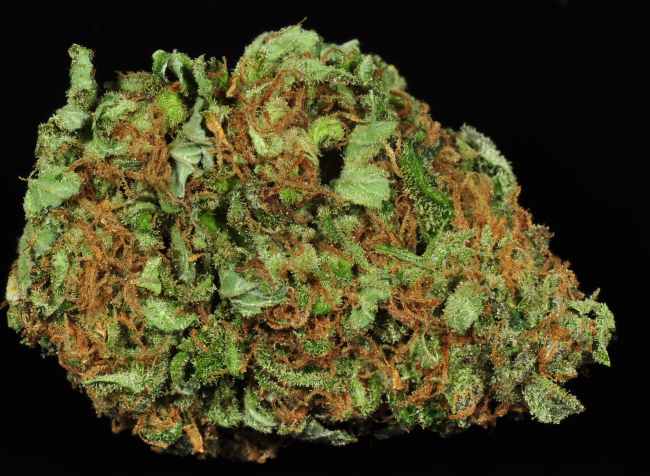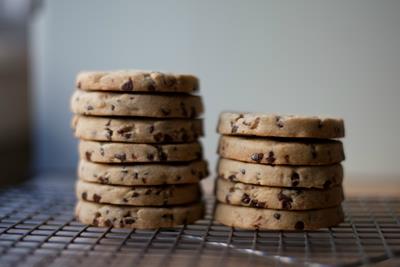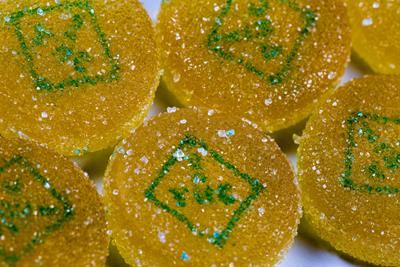
Wednesday May 25, 2022
By Erin Hiatt
Reviewed By Mohammad Ashori, M.D. on Monday April 25, 2022
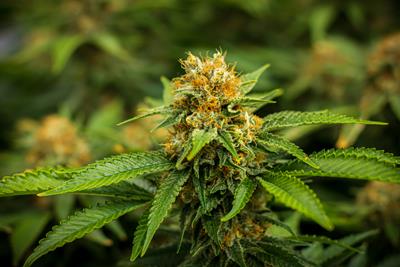 Education
Education
For most stoners, there’s nothing better than digging into your favorite snacks after smoking some weed. It’s all fun and games until you try on your favorite pair of pants and realize… these don’t fit like they used to.
Maybe you could blame it on weed, after all, it’s a well-known fact that cannabis can give you the munchies. But did you know there is a cannabinoid that may do the opposite of stimulating appetite and actually may suppress it instead? Please meet THCV (tetrahydrocannabivarin), aka diet weed.
What is THCV?
As you might guess from its initials, THCV is molecularly similar to THC, yet dissimilar enough to produce different effects. In low to moderate doses, THCV has little to no psychoactive properties and may in fact mitigate the high from THC. In higher doses, it is thought that THCV produces a more psychedelic, clear-headed high with a quick onset.
Both THC and THCV interact with the same cannabinoid receptor, CB1. However, THC fits perfectly into the receptor which may cause the surge in appetite. THCV, with its propyl side chain molecular structure, fits into the CB1 receptor differently and may act to block the reward centers in the brain associated with the pleasures of eating food.
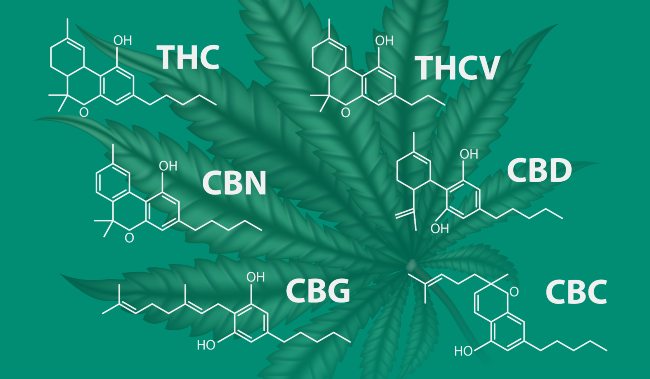
It’s been theorized that the presence of THCV in some cannabis strains may be one of the reasons that cannabis consumers, on average, are thinner than non consumers, but that theory has yet to be thoroughly studied. Nonetheless, it is theorized that this cannabinoid may contribute to weight loss or weight maintenance in cannabis consumers.
Thus far, substantive research on THCV lags far behind THC, CBD, and other cannabinoids, but early research has found that THCV may be useful for much more than suppressing appetite. It may act as an analgesic, antipsychotic, anti-epileptic, anti-diabetic, anti-cholesterol, anti-anxiety, and neuroprotective, meaning it may help protect the nervous system. It may also reduce nausea and vomiting, promote sleep, and help with bone formation and growth.

Consumers (and perhaps marketers) tend to think about THCV as the cannabinoid that could help them lose weight, and there’s some science to support that theory. A 2013 study found that THCV administered to obese mice did not help them lose weight, but instead increased their energy expenditure, or calorie burn.
THCV also shows promise for those who have Type 2 diabetes, a condition affecting around 37 million Americans.
A small study on a human cohort concluded that “THCV could represent a new therapeutic agent in glycemic control in subjects with Type 2 diabetes.”
How and Where Can I Get THCV?
Finding THCV in meaningful amounts could be a long road. Unlike CBD and THC, strains high in THCV are few and far between. Most strains found in your local dispensary contain zero to little THCV and definitely not enough of the cannabinoid to make a difference for any of the conditions one might hope to address.
Durban Poison is one of the few strains that does have THCV, and may have upwards of 0.5% — which still isn’t very much. Another strain, Doug’s Varin, is said to contain up to 23% THCV, though the company credited with the strain’s creation, Dougie’s Farm, is mum on its origins since it is believed it was discovered by accident.
However, most strains do not have this cannabinoid at all, which makes bringing the strain to the marketplace impractical for businesses looking to turn a profit. Though, that’s not stopping some companies from dipping their toe in the THCV pool.
In 2019, California-based Flow Kana introduced a limited edition THCV-rich cultivar called Pink Boost Goddess that contains 4.24% THCV. Coming in with a much higher percentage of THCV are two vape pens from company California Cannabinoids, Inc., makers of Doug’s Varin Original and Doug’s Varin Relief, containing approximately 25-30% THCV by weight. The company has also debuted a flower pre-roll with 3% THCV. Then there’s the Stimulate Tablingual from Level, which comes in with four milligrams THCV and one milligram CBD per tablet.
But — buyer beware. If someone tells you their strain is high in THCV and could help you lose weight, proceed with caution.
Strains High in THCV
Though none of these strains could be said to be replete with THCV, if you’d like to give the cannabinoid a try, here are some strains that have more THCV than others.
THCV Strains
- Durban Poison is a South African sativa with sweet and spicy notes known for its clear-headed effect
- Doug’s Varin is a potent sativa that may help you feel focused, motivated, and creative
- Girl Scout Cookies is a much sought-after hybrid believed to be a crossbreed of Durban Poison and OG Kush
- Sour Willie is a sativa-dominant hybrid with sharp mental and physical effects
- Skunk #1 is another sativa-dominant hybrid that will elevate your mood while providing pain and muscle relief
Though THCV has yet to find a niche in the cannabis marketplace, as the industry continues to grow and legalization expands, it’s only a matter of time until there are more THCV-rich products on dispensary shelves.
Frequently Asked Questions
Does THCV Get You High?
On its own, not very. But remember, you may consume THCV in a strain that could get you very high indeed.
What are the Effects of THCV?
THCV may reduce appetite, act as an analgesic, and help those with type 2 diabetes, among other effects. It bears repeating, research on THCV is in its early stages and there is much more to learn.
How Strong is THCV?
THCV is not thought to be very potent in low to moderate doses. It may have more psychedelic effects in higher doses, but there are very few strains that have a notable amount of THCV.
Is THCV the Same as Delta 8?
Nope. While both may be found at small levels in cannabis, Delta-8 THC is always made by chemically converting CBD or Delta-9 through isomerization. THCV is not created through an isomerization process.
Have you tried any THCV products? What did you think of them? Share in the comments below!
Photo Credit: Shutterstock

